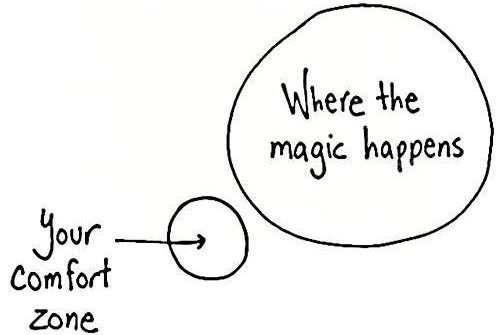
November 19, 2020
By Maeve O’Leary-Barrett, PhD, Psychologist
You’ve been building up to going to therapy for a while. It feels scary, and you’re apprehensive about sharing parts of you that you don’t fully understand or feel comfortable with. The first couple of sessions go OK; your therapist seems to understand you and it feels good. But then, over the next couple of sessions, you start to get the feeling that they don’t really get it. They may offer an interpretation of your experience that feels off, or you may start to get annoyed by the way that they ask you to take the lead in sessions, when you don’t know where to start. You may even worry that they’re judging you. Your partner has a totally different experience in their therapy sessions and tells you how much they love their therapist. They suggest that you probably haven’t found the right fit and that maybe you should try someone else.
This is what we psychologists call an alliance rupture. An alliance rupture is basically any moment of tension or breakdown in the bond between the client and the therapist (Safran & Muran, 2006). It covers a whole range: anything from a minor misunderstanding, a concern that you are not on the same page as your therapist, to a more open strain in your relationship. And the first point that I want to make is these experiences are very common (more on that later). It’s understandable that you might worry that this means that your therapist doesn’t get you, that you might have an urge to switch to someone else, and to get as far away from those awkward encounters as you can. However, before doing so, here are some ideas to consider.
First of all, alliance ruptures are inevitable in therapy, and are incredibly common. Studies have shown that clients will report having an alliance rupture with their therapist in anything from 20-40% of sessions, and therapists and observers actually describe the rate of ruptures as being much higher (40-75% of sessions; Muran et al., 2009). The discrepancy in rating shows us that sometimes one person in the room will pick up on something that the other person hasn’t noticed yet.
These high rates of ruptures can be explained by the fact they are simply part of the therapy process. Therapy involves dealing with things that are hard. The “path of least resistance” approach doesn’t work here; you need to spend time going through the messy stuff. You might sometimes feel more sad/angry/you name it than you did before coming to therapy, and you will probably feel stuck, scared and uncertain about the process at some point.
Dealing with alliance ruptures is important. If you don’t, you will likely have a negative experience of therapy, or stop going (Safran & Muran, 2006). For therapy to work, you need to trust that your therapist gets you and is on your side, and that you can explore it with them whenever you feel differently. In fact, the bond with your therapist is the best predictor of how successful your therapy experience will be, no matter the specific type of treatment or issue that you are addressing (e.g., Safran, Muran, & Eubanks-Carter, 2011).
So, here is my challenge to you:
Muran JC, Safran JD, Gorman BS, Samstag LW, Eubanks-Carter C, Winston A. The relationship of early alliance ruptures and their resolution to process and outcome in three time-limited psychotherapies for personality disorders. Psychotherapy (Chic). 2009 Jun;46(2):233-48. doi: 10.1037/a0016085. PMID: 22122620.
Safran JD, Muran JC. Has the concept of the therapeutic alliance outlived its usefulness? Psychotherapy (Chic). 2006 Fall;43(3):286-91. doi: 10.1037/0033-3204.43.3.286. PMID: 22122099.
Safran JD, Muran JC, Eubanks-Carter C. Repairing alliance ruptures. Psychotherapy (Chic). 2011 Mar;48(1):80-7. doi: 10.1037/a0022140. PMID: 21401278.